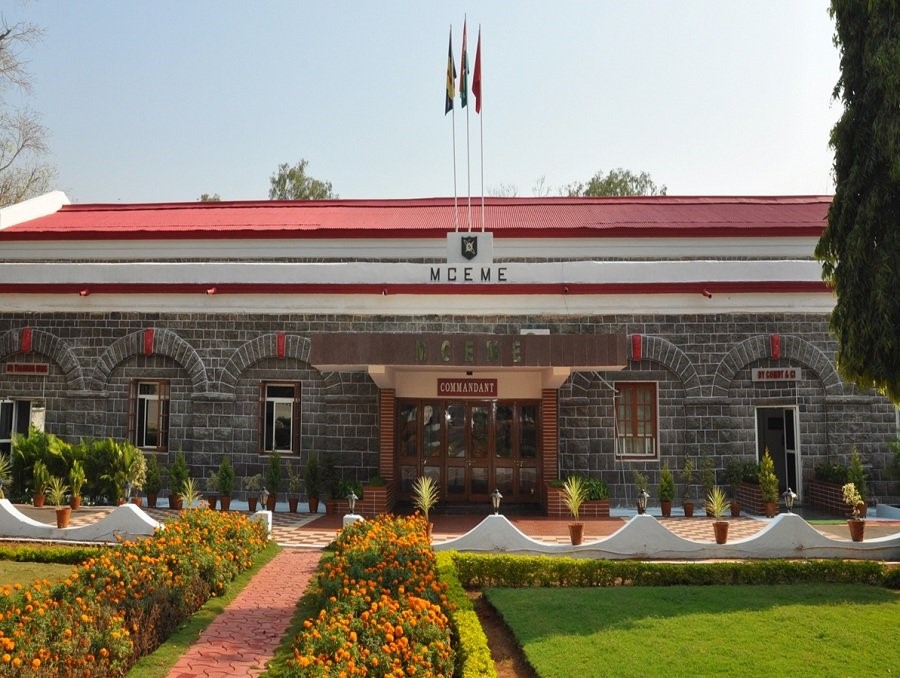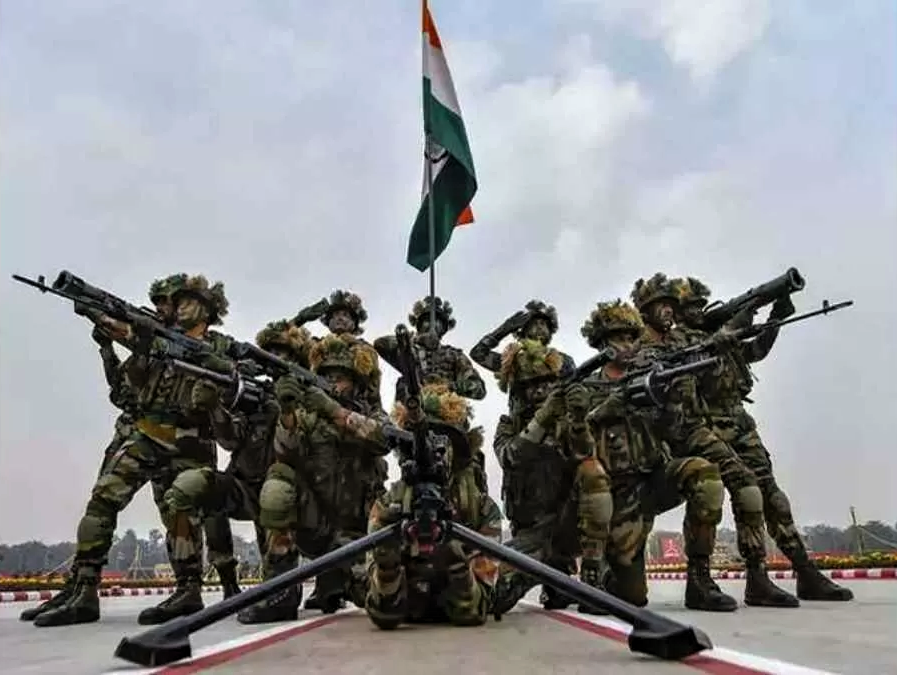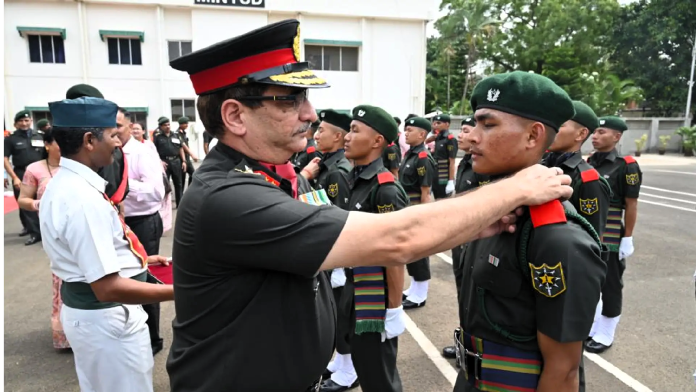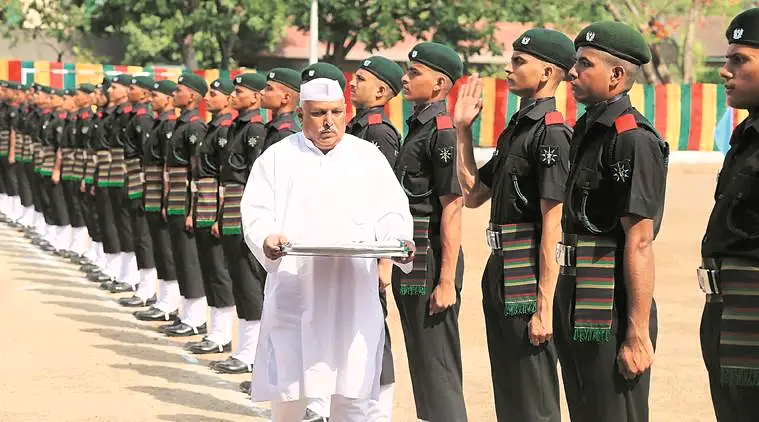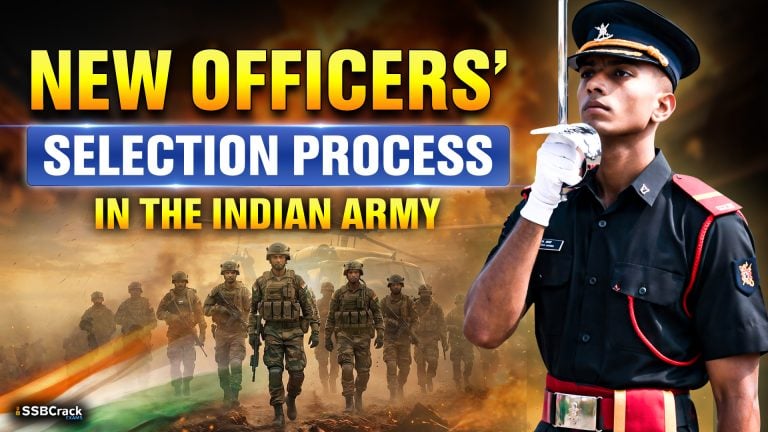The Army Intelligence Corps plays a pivotal role in safeguarding the nation through intelligence operations and counterintelligence endeavors. Besides counterintelligence activities, the corps offers valuable insights to defense policymakers, aiding in strategic organization, training, and support during crises. In this comprehensive guide, we will explore the steps and prerequisites to join the Army Intelligence Corps.
Clear Entrance Examinations
To embark on the journey of joining the Army Intelligence Corps, candidates must first qualify in entrance examinations such as the National Defence Academy (NDA) Exam or the Combined Defence Services (CDS) Exam.
Complete Training
Successful candidates undergo rigorous training at the military training academy, honing their physical and mental capabilities to meet the demands of military service.
Choice of Arms Selection
During the crucial phase of choice of arms selection, aspiring officers have the opportunity to opt for the Army Intelligence Corps, aligning their career path with intelligence operations.
Technical and Non-Technical Fields
Candidates can choose between technical fields like chemical, IT, electrical, or computer engineering, or non-technical fields based on their expertise and inclination towards specific areas.
Mandatory Selection during Academy Days
It is imperative for candidates to choose the Intelligence Corps during their final days at the military training academy. Unlike previous procedures, where joining the parent unit initially was permissible, this option has been discontinued.
Limited Vacancies
Prospective candidates should be aware that there are limited vacancies within the Army Intelligence Corps. Fierce competition exists for less than ten seats annually, including technical, non-technical, and women candidates.
Maintain High Merit
High academic merit and physical fitness are crucial factors for selection into the Intelligence Corps. Candidates must strive to maintain excellence in both areas to enhance their chances of being selected.
Additional Skills
Possessing additional skills relevant to the Intelligence Corps is advantageous. Proficiency in different languages, software expertise, critical thinking, and adaptability are highly valued attributes.
For Other Ranks
For individuals aspiring to join the Army Intelligence Corps as other ranks, a visit to the Intelligence Corps recruitment center is essential. Following this, candidates undergo psychometric tests conducted by the Intelligence Agency. Upon clearance, rigorous training ensues before officially joining the Corps.
Continuous Improvement
Recognizing the competitive nature of recruitment, candidates must continuously improve their skills, analytical thinking, and quick decision-making abilities to stand out among their peers.
Decision during Academy Days
Since joining the Intelligence Corps after being appointed to a parent unit is no longer an option, candidates must make a definitive decision during their tenure at the academy regarding their career path in military intelligence.
Army Intelligence Corps Training, Role, and Challenges
Let us delve into various aspects of the Army Intelligence Corps, including training, roles and responsibilities, operations, and challenges.
Training at Military Intelligence Training School and Depot
Individuals appointed to military intelligence undergo specialized training at the Military Intelligence Training School and Depot located in Pune. The school caters to intelligence professionals from various branches, including the Indian Army, Navy, Air Force, Para Military Forces, Civil Intelligence Agencies, and Friendly Foreign Countries.
Roles and Responsibilities of Military Intelligence
The Intelligence Corps undertakes counterintelligence activities aimed at detecting, identifying, and neutralizing adversarial intelligence threats within the Army. Additionally, it advises defense policymakers on political-military matters and provides insights on organizing, training, and equipping forces during crises.
Annual Operations and Vigilance
Military intelligence conducts numerous operations annually to ensure the nation’s safety. The Corps remains on high alert, constantly working to identify and respond to potential threats, thereby safeguarding national security interests.
Challenges and Recommendations
The competitive nature of recruitment necessitates continuous improvement in skills, analytical thinking, and quick decision-making. As joining the Intelligence Corps after being appointed to a parent unit is no longer an option, candidates must decide during their time at the academy whether they wish to pursue a career in military intelligence.
Joining the Army Intelligence Corps demands dedication, continuous improvement, and a proactive approach in developing skills that align with the Corps’ requirements. It is a challenging yet adventurous journey for those who aspire to contribute to India’s security through intelligence operations. With careful preparation and determination, aspiring officers can embark on a fulfilling career path within the Army Intelligence Corps.
FAQs
1. What are the entry requirements for joining the Army Intelligence Corps?
Candidates must qualify in entrance examinations such as the National Defence Academy (NDA) Exam or the Combined Defence Services (CDS) Exam. Additionally, they must meet stringent academic and physical fitness criteria.
2. Can I choose my specialization within the Army Intelligence Corps?
Yes, candidates have the option to choose between technical fields like chemical, IT, electrical, or computer engineering, or non-technical fields based on their expertise and interests.
3. How competitive is the selection process for the Army Intelligence Corps?
The selection process is highly competitive, with limited vacancies available each year. Fierce competition exists for less than ten seats annually, including technical, non-technical, and women candidates.
4. Is it possible to join the Army Intelligence Corps after initially joining a different unit?
No, joining the Intelligence Corps after being appointed to a parent unit is no longer an option. Candidates must decide during their time at the academy whether they wish to pursue a career in military intelligence.
5. What additional skills are beneficial for candidates aspiring to join the Intelligence Corps?
Candidates with proficiency in different languages, software expertise, critical thinking, and adaptability have an advantage in the selection process.
6. How can I prepare for the psychometric tests conducted by the Intelligence Agency?
Candidates can prepare for psychometric tests by practicing sample questions, honing their analytical skills, and familiarizing themselves with the types of assessments commonly used in intelligence recruitment.
7. What is the duration of training for individuals appointed to military intelligence?
The duration of training at the Military Intelligence Training School and Depot varies based on the specific program and specialization. However, candidates can expect rigorous training to prepare them for the challenges of intelligence operations.
8. What are the key responsibilities of military intelligence personnel?
Military intelligence personnel conduct counterintelligence activities, provide insights to defense policymakers, and play a crucial role in organizing, training, and equipping forces during crises.
9. Are there opportunities for career advancement within the Army Intelligence Corps?
Yes, individuals can advance their careers within the Intelligence Corps through continued professional development, specialized training, and demonstrating leadership capabilities.
10. What challenges should candidates be prepared to face when joining the Army Intelligence Corps?
Candidates should be prepared to face the competitive nature of recruitment, rigorous training programs, and the demanding nature of intelligence operations. Additionally, they must adapt to evolving threats and technologies in the field of military intelligence.
